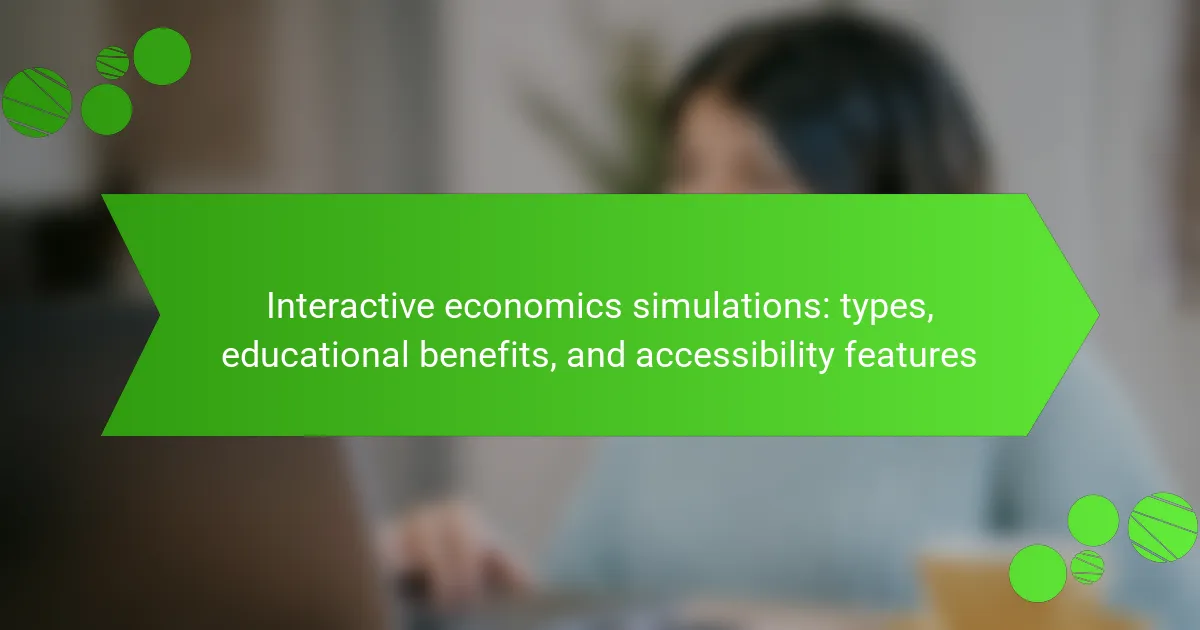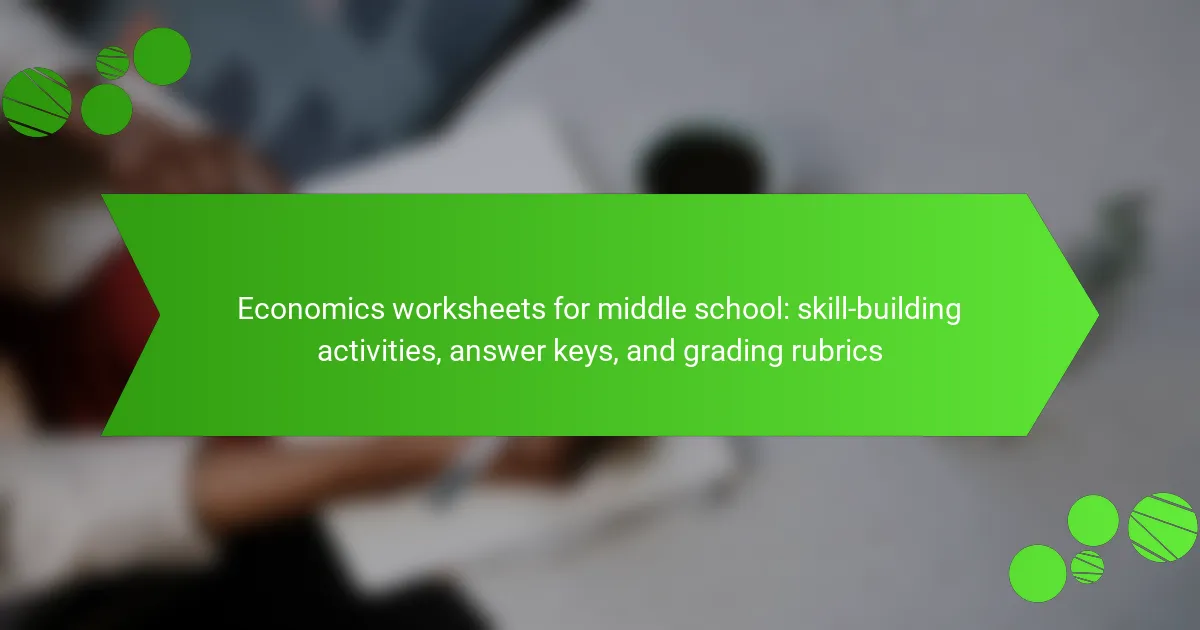
Economics lesson plans: structure, objectives, and assessment methods
Economics lesson plans are structured frameworks that include key components such as objectives, materials, activities, assessments, and reflection. These elements guide educators in delivering effective economics education tailored to various learning environments, whether traditional or online. The article emphasizes the importance of differentiating instruction to accommodate diverse learning styles and highlights best practices for creating…








